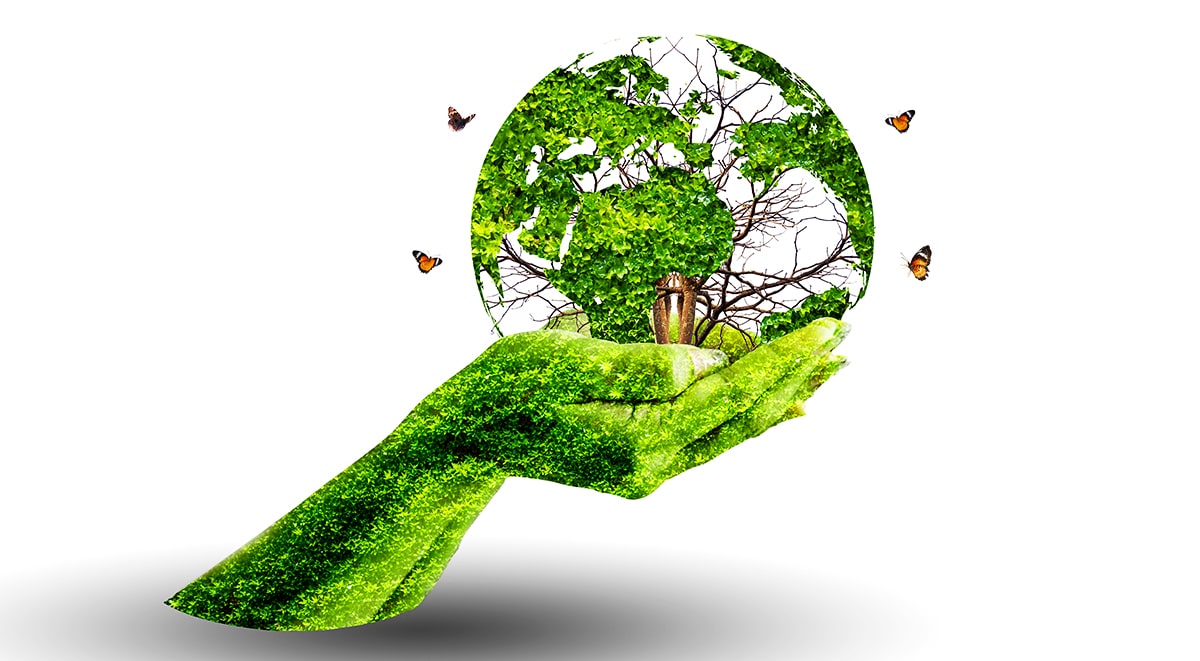World Environment Day is celebrated on 5th June every year, and it is an opportunity for individuals and organizations to come together to take action on important environmental issues. The theme of World Environment Day 2021 is «Ecosystem Restoration,» which is a call to action to prevent, halt, and reverse the destruction of ecosystems around the world. As the world grapples with climate change and other environmental challenges, it is more crucial than ever to join the global movement for a sustainable future. In this article, we will explore the significance of World Environment Day, discuss the importance of ecosystem restoration, and share some tips on how individuals and organizations can make a positive impact.
The Significance of World Environment Day
First celebrated in 1974, World Environment Day is now a global platform for public outreach on environmental issues. The day is celebrated in over 100 countries and engages millions of people worldwide in activities such as street rallies, tree planting, and clean-up campaigns. The objective of World Environment Day is to raise awareness and encourage action on pressing environmental issues, such as climate change, pollution, and biodiversity loss. The day also provides an opportunity to showcase success stories and stimulate political action.
The Importance of Ecosystem Restoration
Ecosystem restoration is the process of assisting the recovery of an ecosystem that has been degraded, damaged, or destroyed. Healthy ecosystems are essential for human well-being, supporting livelihoods, and providing essential services such as clean water, clean air, food security, and climate regulation. However, ecosystems around the world are facing significant threats from human activities such as deforestation, overfishing, pollution, and climate change. These environmental challenges are causing irreversible damage to ecosystems and biodiversity loss.
Ecosystem restoration is not just about improving the environment; it is also about addressing socio-economic issues, such as poverty, food security, and gender equality. Healthy ecosystems provide jobs, generate income, and support sustainable development. Restoration projects can also create opportunities for youth, women, and indigenous peoples’ participation, leading to socio-economic inclusion and empowerment.
How Individuals Can Make a Positive Impact
As individuals, we can all play a role in protecting the environment and promoting sustainable living. Here are some tips for how to make a positive impact on World Environment Day and every day thereafter:
- Reduce, Reuse, and Recycle: Reduce wastage and conserve resources by adopting the three R’s of waste management – reduce, reuse, and recycle.
- Eat Responsibly: Choose sustainable food options that are locally grown, seasonal, and organic.
- Conserve Energy: Reduce energy consumption by turning off lights and appliances when not in use, using energy-efficient devices, and opting for renewable energy sources.
- Plant Trees: Trees are essential for a healthy ecosystem, and planting trees is an effective way to mitigate climate change, prevent soil erosion, and provide habitat for wildlife.
- Reduce Carbon Footprint: Adopt low-carbon lifestyles by using public transport, cycling, or walking instead of driving; choosing environmentally friendly products; and reducing air travel.
- Be Informed: Stay informed about the latest environmental issues and impacts and support policies and initiatives that promote sustainable development.
How Organizations Can Make a Positive Impact
Organizations, including governments, businesses, and civil society organizations, can and should play a significant role in promoting sustainable development and taking action on environmental issues. Here are some ways organizations can make a positive impact:
- Evaluate Environmental Impacts: Evaluate the environmental impacts of activities and products and adopt measures to mitigate negative impacts.
- Adopt Sustainable Practices: Incorporate sustainable practices into procurement, operations, and supply chains, such as using renewable energy, reducing waste, optimizing water use, and supporting sustainable agriculture.
- Support Restoration Projects: Support ecosystem restoration projects, such as reforestation, wetland restoration, reef restoration, and agroforestry.
- Collaborate: Collaborate with stakeholders, including communities, governments, and civil society organizations, to develop and implement sustainable development goals and monitor progress.
- Take Leadership: Take a leadership role in promoting sustainable development and encourage other organizations to follow suit.
- Invest in Sustainable Solutions: Invest in research and development of sustainable solutions and technologies that can address environmental challenges, such as renewable energy, biodegradable materials, and innovative waste management systems.
Conclusion
In conclusion, World Environment Day is an opportunity for individuals and organizations to come together to take action on pressing environmental issues. The call for ecosystem restoration is a reminder of the vital role ecosystems play in supporting human well-being and sustainable development. We must take urgent action to protect and restore ecosystems around the world. By adopting sustainable practices and collaborating with others, we can make a positive impact and create a sustainable future for ourselves and future generations. Join the global movement for World Environment Day and take action for a sustainable future!

Deja una respuesta